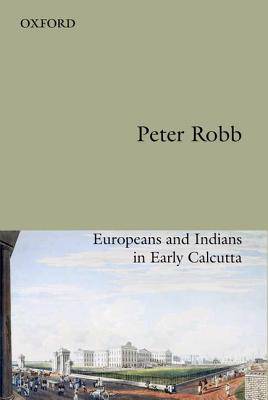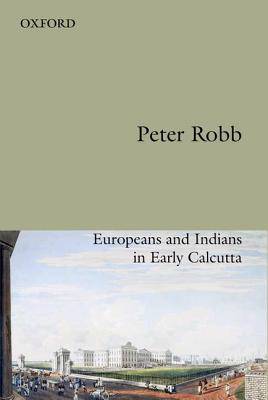
- Retrait gratuit dans votre magasin Club
- 7.000.000 titres dans notre catalogue
- Payer en toute sécurité
- Toujours un magasin près de chez vous
- Retrait gratuit dans votre magasin Club
- 7.000.000 titres dans notre catalogue
- Payer en toute sécurité
- Toujours un magasin près de chez vous
88,95 €
+ 177 points
Description
This book describes how friendship or quasi-friendly behaviour underwrote British life and work in Calcutta before and after 1800, even between patrons and clients, and when personal relations were not amicable. Amid the uncertainties as a new town was created, the parameters of proper behaviour were defined by sociability, trust, and reputation. The book explains friendship's role in credit and debt; in town-development, securing contracts, and managing work; and in early colonial law and administration. It suggests that personal experiences and mores aided the acceptance of formal regulation, and the convenient invention of a 'virtuous' public identity for the imperial British. The book seeks to explain, secondly, why Indians were not fully integrated into the Europeans' notions and rituals of friendship, though many Europeans and Indians lived and worked very closely together. Without backing easy notions about racism or power, it illustrates mutual failures of inclusion and understanding in European-Indian relations. The book is the last of three studies based on the huge diary of Richard Blechynden, architect and surveyor. Though somewhat more broadly based than its predecessors, it still analyses rich evidence from the diary, showing how it adds to our understanding of intellectual, social, and political trends. The detailed stories provide an important pre-history of imperial rule and its justifications, and of racial distinctions and division.
Spécifications
Parties prenantes
- Auteur(s) :
- Editeur:
Contenu
- Nombre de pages :
- 336
- Langue:
- Anglais
Caractéristiques
- EAN:
- 9780198099185
- Date de parution :
- 01-09-14
- Format:
- Livre relié
- Format numérique:
- Genaaid
- Dimensions :
- 145 mm x 218 mm
- Poids :
- 476 g







